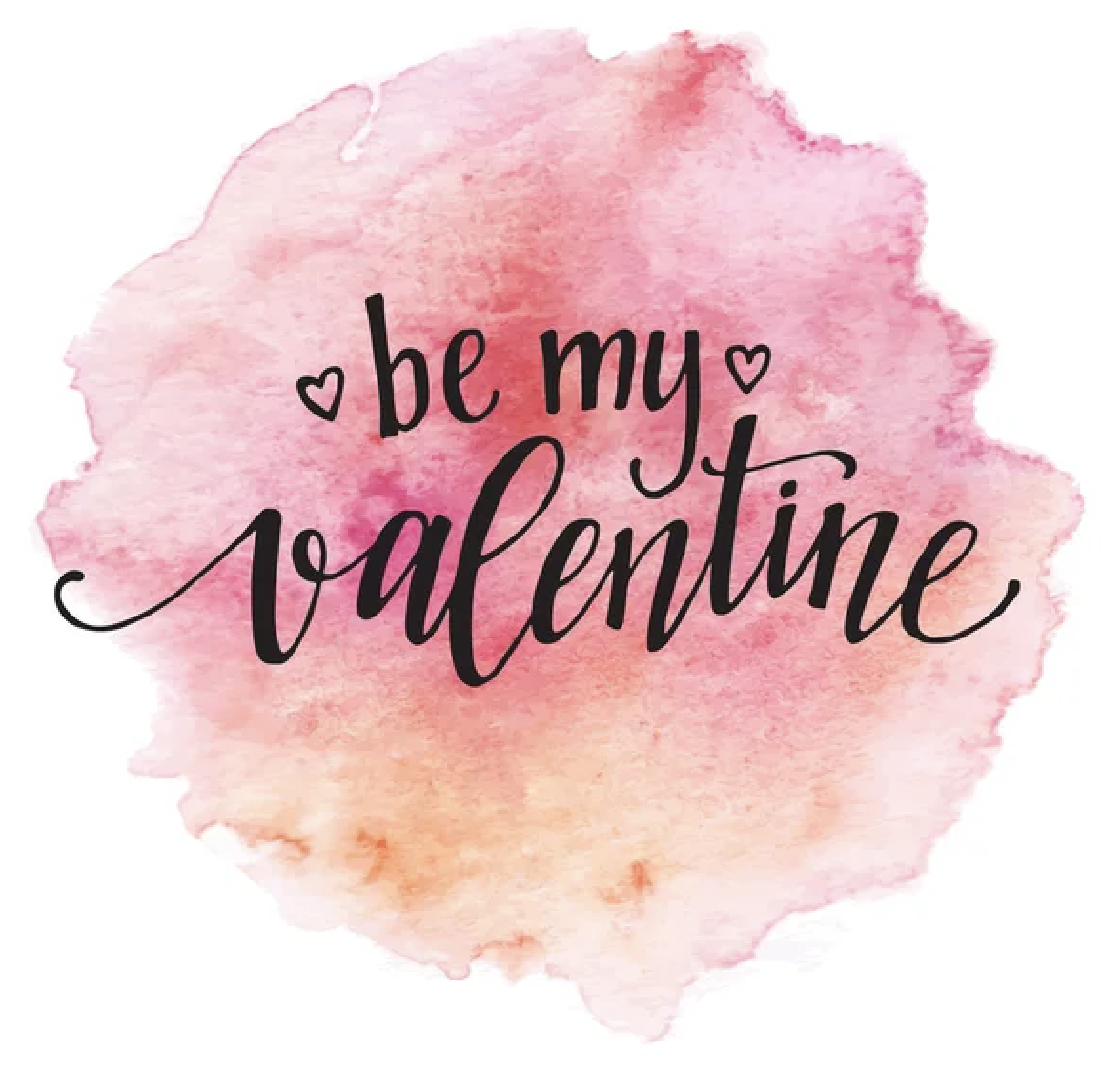Will you be our Valentine . . ?
Valentine’s Day occurs in the United States every 14 February. On that day or in that week, more cards are exchanged except for those sent at Christmastime. And yet, many have only scant knowledge of the history of the celebration. This brief read will update you a bit.
The history of who was or might have been St. Valentine is sketchy. The most accepted story seems to be that Valentine’s Day, also called Saint Valentine’s Day or the Feast of Saint Valentine, started as a Christian celebration honoring one or two Christian martyrs by that name. It is felt that the ancient Roman ritual of Lupercalia that welcomed spring was part of the development of this celebration. By the Middle Ages, stories were widely believed that Saint Valentine was a heroic and romantic figure. In the fifteenth and sixteenth centuries, love and romance were firmly involved in the mix and the celebration had expanded to many parts of the world. Historians believe the first poet to record Valentine’s Day to be a day for romance was English poet Geoffrey Chaucer in his poem “Parliament of Foules” in 1375. In eighteenth-century England, the occasion developed into a time of sending flowers and greeting cards which became known as Valentines.
As with Thanksgiving and Christmas and other celebrations, the event can be taken over by commercialism. Just to see, we asked our search engine: “What are some of the items people are giving this Valentine’s Day?” This was the first response: “Valentine's Day only comes around once a year, and it's the perfect opportunity to let your partner know just how much they mean to you. Picking out a cute Valentine's gift is one simple way to show your S.O. how you feel (and rekindle some of the romance that gets a little lost in everyday life). Of course, presents aren't everything. Simply taking time to be together, whether it's in person or over the phone, is already a great way of strengthening your relationship. But a gift is a welcome surprise that'll certainly show your appreciation.”
Asked by journalists “What does Valentine’s Day mean to you,” many replied: “It’s a good reminder to cherish loved ones”, some feeling so “every day of the year.” Others advise they “use the day as a reminder to be thankful for the ones [they] love and to make sure they know [they] love them.” Still others use the day “to cherish the ones who give [me] hope and joy.”
We are betting many of you can still recall your feelings of apprehension when giving one of your first cards (perhaps 2nd or 3rd grade) asking: Will you be my Valentine? So, perhaps with a bit less apprehension but perhaps with at least equal love, we ask each of you:
Roses are still red. Violets are still blue.
Will you be our Valentine?
We Love You!
Mary & Forrest

